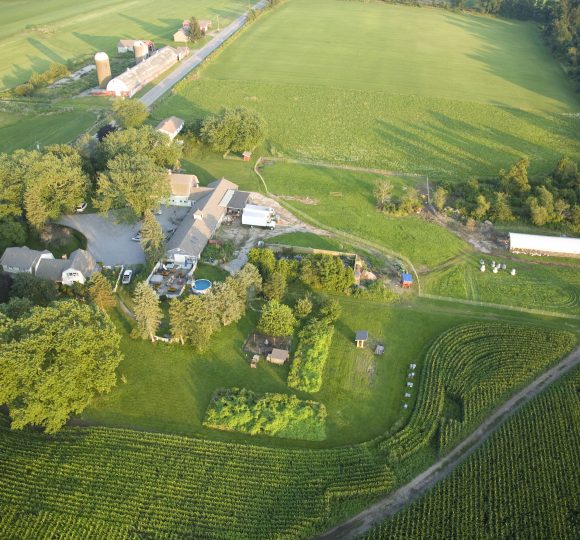This paper addresses how tradable pollution programs can be applied to provide private funding for agricultural conservation practices. It begins by discussing the difference between performance and technology standards and argues that government cost-share programs follow the traditional technology-based approach. It then describes how performance standards can be applied to water pollution problems through pollution trading programs in general, and tradable pollution permit markets in particular. These programs can encourage point sources of pollution to provide private cost-share assistance to farmers for the adoption of new pollution reduction practices. Several different examples of existing programs are discussed to illustrate how these programs have been implemented in recent years. By shifting some emphasis from traditional cost-share approaches to trading arrangements, government agencies may help encourage additional farmers to adopt new conservation practices with private funds from other sources.
Publications
Incentive Based Conservation Policy and the Changing Role of Government
Publication Name
Center for Agriculture in the Environment Working Paper
Downloadable Documents
Links
Author
Brent Sohngen
Publisher
DeKalb, IL: American Farmland Trust
Page Numbers
11
Publication Date
July 01, 1998
Publication Type
Reports and Guides
State
National
Keywords
Conservation Policies and Programs





